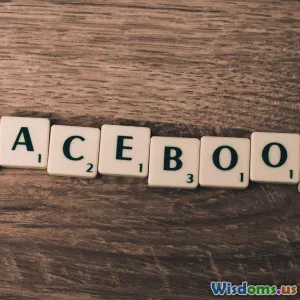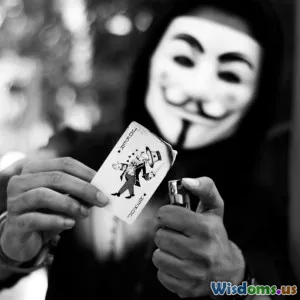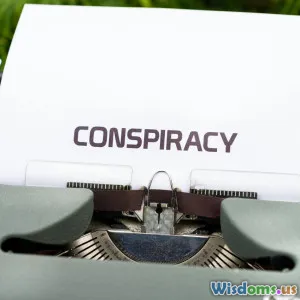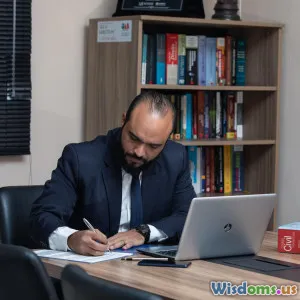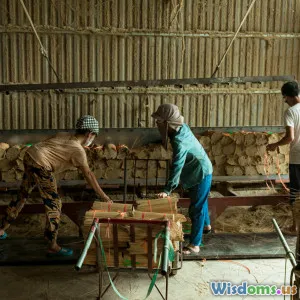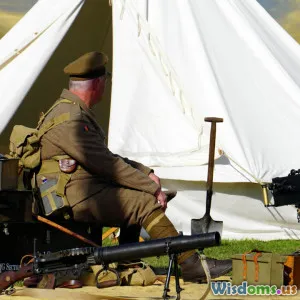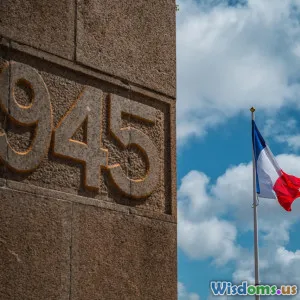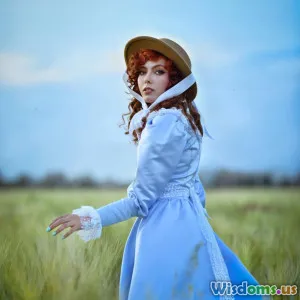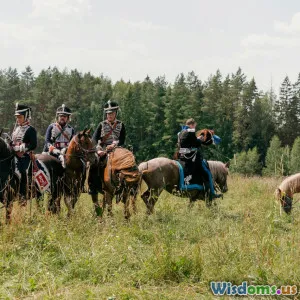
The Role of Secret Societies in Global Events
8 min read Explore how secret societies have influenced pivotal global events throughout history. (0 Reviews)
The Role of Secret Societies in Global Events
Secret societies have long been subjects of intrigue, conspiracy theories, and speculation. From whispered rumors about the Illuminati to genuine historical accounts of groups like the Freemasons, these clandestine organizations have fostered a mystique that captivates and confounds in equal measure. But beyond the allure of secrecy, what role have these groups genuinely played in shaping global events? This article unpacks the complex and often misunderstood influence secret societies have exerted throughout history.
Introduction: The Allure and Mystery of Secret Societies
Secret societies are groups that operate outside public scrutiny, often with restricted membership and layered rituals designed to preserve confidentiality. Their missions can range from preserving knowledge and fostering mutual aid among members to influencing political or social structures from behind the scenes.
The enigma surrounding these organizations arises from their inherently private nature combined with the significant historical footprints some have left behind. They span different cultural contexts—from European Enlightenment-era fraternities to tribal societies with initiations shrouded in secrecy.
But does the secrecy mean these societies wield unchecked power, or is much of their purported influence exaggerated? Exploring historical examples and objective data offers clarity.
Historical Impact of Key Secret Societies
The Freemasons: Builders of Social Networks and Political Bridges
Emerging in the late Middle Ages as guilds of stonemasons, Freemasonry evolved into a fraternal organization promoting Enlightenment values such as reason, liberty, and fraternity. While often a target for conspiracy theories, their tangible legacy lies in fostering democratic and civic ideals.
Notable figures, including George Washington, Benjamin Franklin, and Winston Churchill, were Freemasons whose ideals influenced the founding principles of the United States and modernization in Europe. Although there is little evidence that Freemasons directly orchestrated political coups or revolutions, their networks often facilitated the exchange of progressive ideas and mutual support among influential figures.
The Illuminati: Fact vs. Fiction
Founded in 1776 in Bavaria by Adam Weishaupt, the original Illuminati sought to promote rational thought and oppose ecclesiastical influence over public life. Officially suppressed within a decade, their historical footprint was limited.
Their reputation, however, mushroomed through speculative literature and popular culture, misattributing nearly all major world events to their covert machinations. This mythologizing obscures the reality that the Illuminati was a short-lived intellectual society rather than a shadowy puppeteer.
The Carbonari and Revolutionary Movements
In 19th-century Italy, the secret revolutionary society known as the Carbonari played a tangible role in nationalist movements seeking unification and independence from foreign rule. Operating in cells to evade detection, their members influenced uprisings and political discourse leading to eventual Italian unification.
This example illustrates how secret societies have acted as catalysts for social and political change—particularly in contexts where open dissent was dangerous or prohibited.
Modern Secret Societies and Their Influence
While many historical secret societies are renowned, modern groups continue to thrive, sometimes altering perceptions of power.
The Bilderberg Group: Elite Global Networking
Founded in 1954, the Bilderberg Group hosts annual private conferences gathering political leaders, industry titans, and intellectuals from Europe and North America. Although not a secret society in the traditional ritualistic sense, its closed-door policy fuels theories about global governance and elite coordination.
In reality, transcripts and some participant disclosures reveal the group primarily serves as a forum for frank discussion about economic and geopolitical challenges, encouraging indirect influence without formal policymaking authority.
Skull and Bones: Training Ground for U.S. Leadership
The Skull and Bones society from Yale University is known for its selectivity and influential alumni, including several U.S. presidents and business leaders. While its inner workings remain secretive, the society is seen as an informal network facilitating opportunities and connections vital for leadership roles.
The society has drawn scrutiny from analysts worried about elite concentration of power but remains shrouded more in tradition and legacy than overt political manipulation.
Analyzing the Reality Behind the Myth
The Power of Networks, Not Omnipotence
Secret societies frequently amplify the social capital of members, creating tight-knit networks that can influence economic and political spheres. This network effect explains their enduring relevance but should not be conflated with all-encompassing conspiracies.
Transparency and Accountability Challenges
The very nature of secrecy can shield societies from public oversight, sometimes leading to genuine concerns about accountability. Yet, empirical evidence of direct large-scale manipulations remains elusive.
Cultural and Psychological Impact
The intrigue surrounding secret societies shapes public imagination and cultural products, which, in turn, influences political discourse indirectly. Documentaries, novels, and films fuel the cycle, ensuring secret societies remain influential metaphors for hidden power.
Conclusion: Navigating Knowledge and Myth
The role of secret societies in global events is a blend of documented history, social influence, and myth-making. While some groups have served as crucial social engines and ideological incubators, others have been embellished with exaggerated powers in popular culture.
Understanding their true impact demands critical examination of evidence, acknowledgment of historical contexts, and discernment between documented influence and imagined omnipotence. Appreciating this nuance enriches our grasp of history and reminds us that real power often lies in visible networks as much as in shadows.
References:
- Knoop, Douglas, Jones, G. P., & Hamer, Douglas (1947). The Genesis of Freemasonry. Manchester University Press.
- Robison, John (1797). Proofs of a Conspiracy Against all the Religions and Governments of Europe. Edinburgh.
- Smith, Paul (1992). Secret Societies and Political Movements. Routledge.
- Estulin, Daniel. The True Story of the Bilderberg Group. Ediciones Martínez Roca.
- Riordan, Gerald (2008). Skull and Bones: the College Secrets of America's Elite.
This article aimed to pierce the veil that often shrouds secret societies, separating grounded history from speculative fiction and emphasizing the real forces underpinning influence and power.
Rate the Post
User Reviews
Popular Posts










